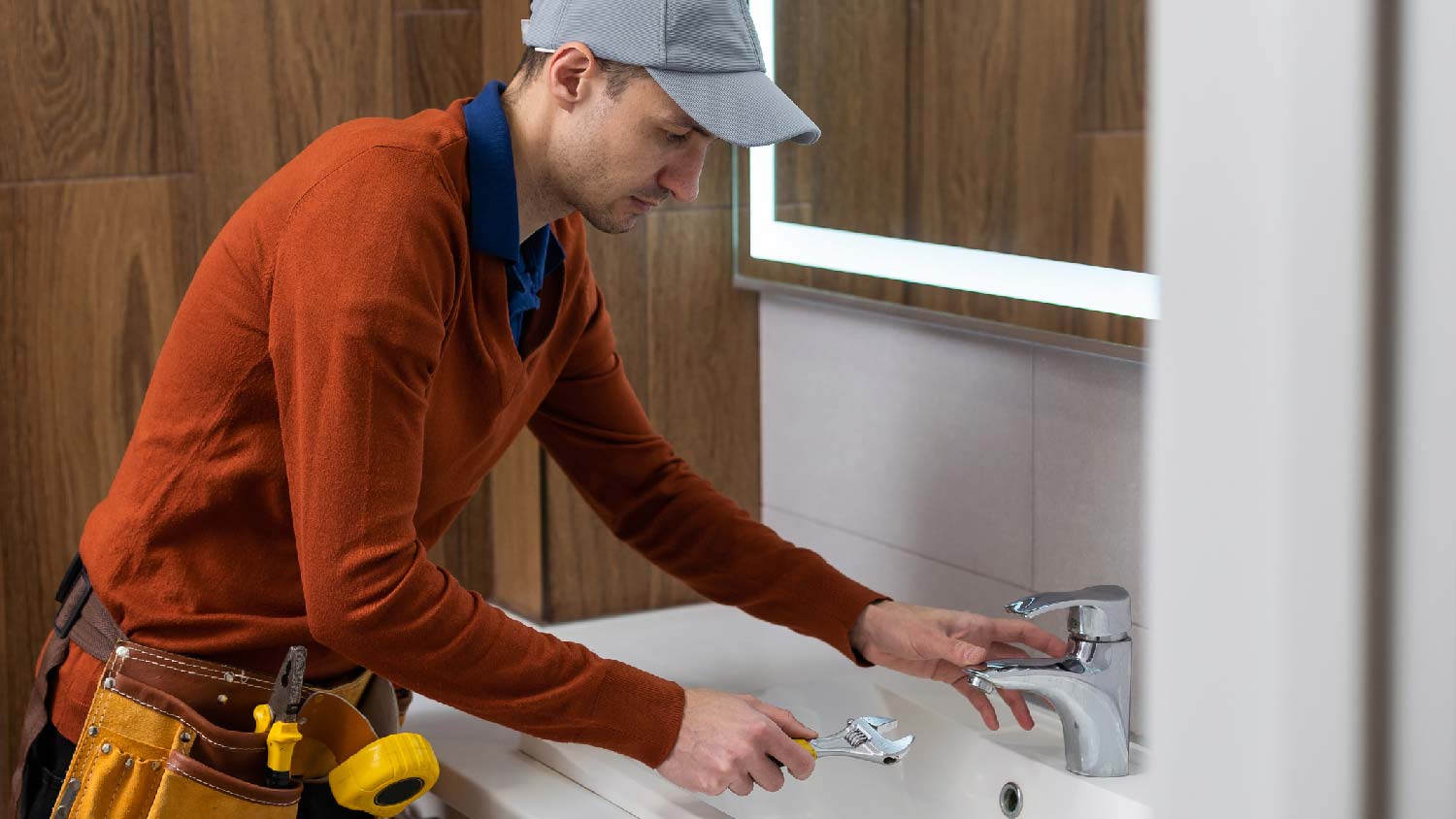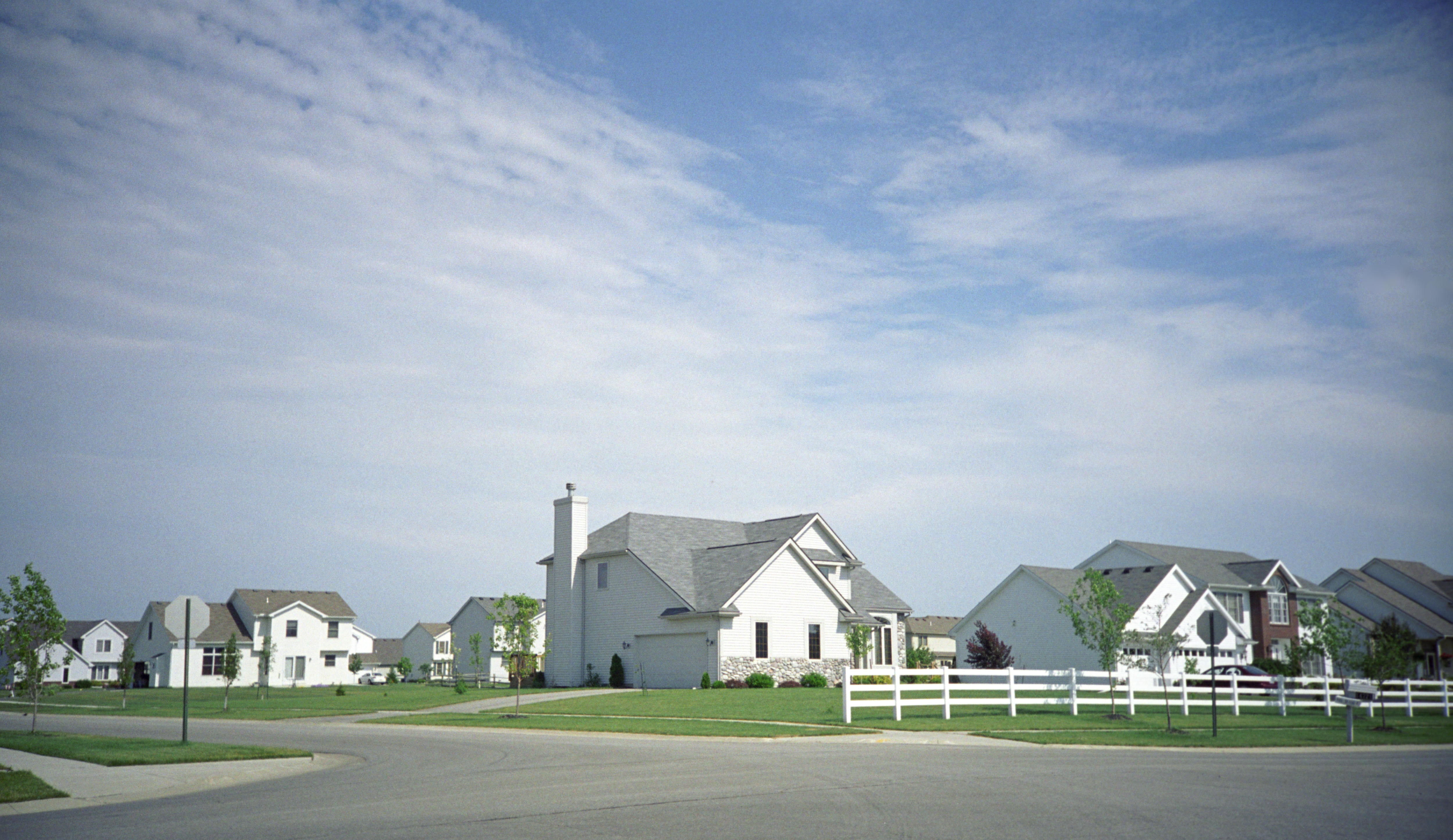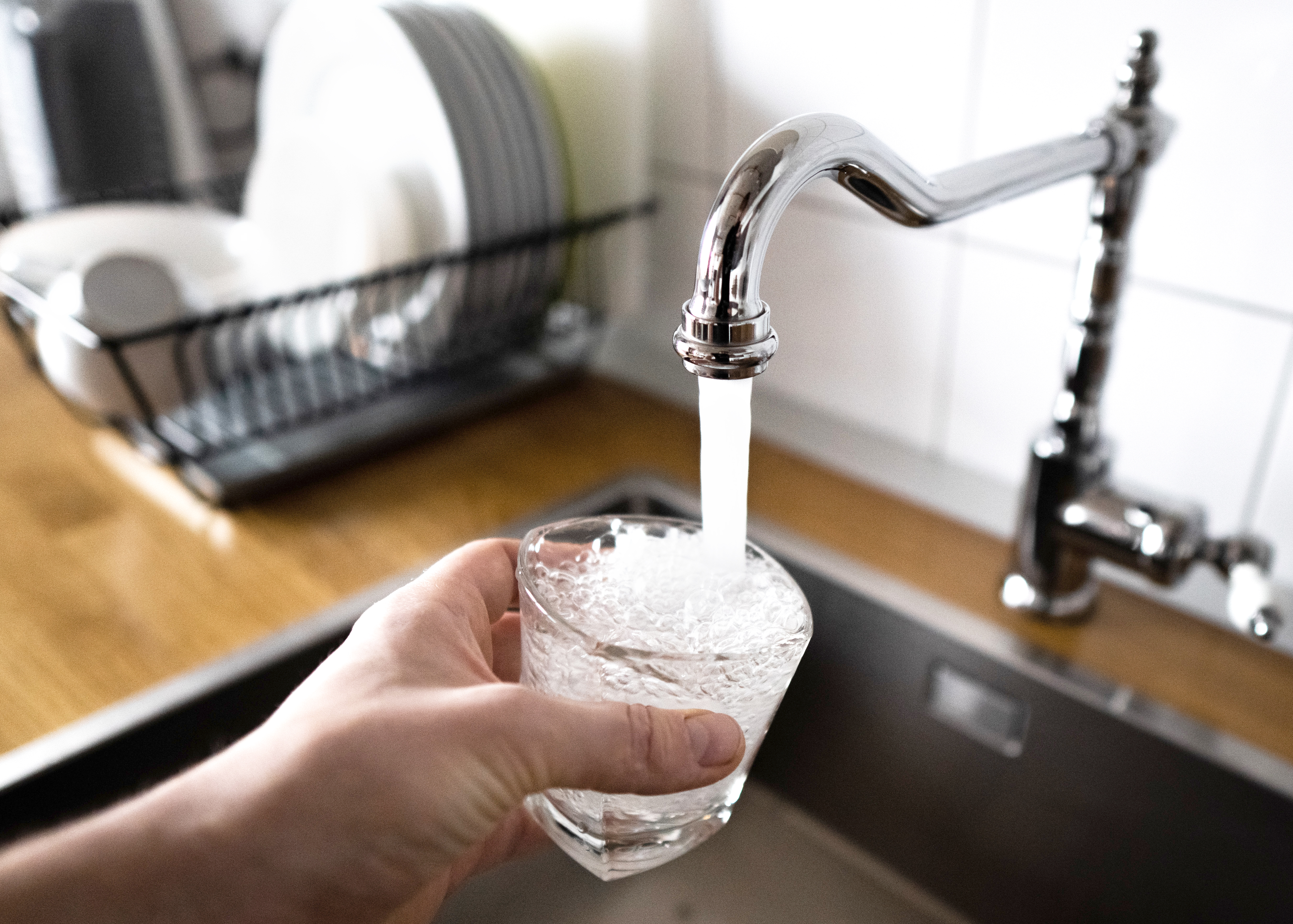
Learn how much plumbers cost in Columbus, Ohio. Discover pricing for faucet repairs, pipe work, and emergency services, plus how you can save money.
Unpleasant odors could mean it’s time to call a plumber


To determine if your faucet water is smelly, fill a glass with water and move away from the sink before smelling it.
Some faucet water smells are caused by the chemicals used to treat the water and make it safe to drink.
In some cases, faucet water smells come from naturally occurring organic matter and compounds.
Getting rid of smelly water may be a matter of cleaning out the sink’s drain.
When you turn on your faucet, you expect to see clean, clear water flowing, so catching a whiff of organic matter, chemicals, or metals can be worrisome. If you’re wondering why your faucet water smells and what to do about it, take steps to remedy it as soon as possible. Here are a few common causes of smelly faucet water and how to troubleshoot it.

If you have public water, it’s commonly treated with chlorine to prevent bacteria from growing in the water and the pipes. The smell can become noticeable due to chlorine buildup in the system or if the water was recently treated.
If the tap water smells strong or you can taste the chemicals, you can sometimes run the water for a few minutes and clear out the buildup in the pipes. If the problem persists or you think the issue is in the main water supply lines and not the lines in your home, you can contact a licensed plumber near you to identify and fix the issue. Sometimes, you may need to contact your public water department to report the issue.
Faucet water that smells musty, earthy, or moldy may not be the water at all. Over time, organic matter, like hair or soap, can build up and cause a kitchen or bathroom sink drain to smell, especially when water from the faucet hits it. To determine if the smell is coming from the water rather than the drain, fill a glass with water and take it away from the faucet. If it doesn’t smell anymore, you’ll need to do some routine plumbing maintenance and clean out your drains to get rid of the smell.
If the tap water smells moldy even after you’ve moved it away from the drain, there may be mold or bacteria growth in the water supply or the pipes. If this is the case, your water treatment department is likely working to remove any smell or taste from the water, but if it’s been a few days, contact your local water department. If the water continues to smell, consider hiring a local drain cleaner or plumber to help determine the cause.

Some water contains hydrogen sulfide gas, a product of water coming into contact with certain minerals or organic matter on its way to your sink. As a result, the water coming out of your faucet can smell like rotten eggs.
Hydrogen sulfide can also build up in your hot water heater. Run the cold water and then the hot water and smell each separately. If the hot water smells but the cold water doesn’t, it may be a problem with the water heater. Find a plumber to check it out and offer solutions.
If the problem persists in the hot and cold water, it can be a natural result of organic matter decaying throughout the pipes. This isn’t harmful, but it can make drinking water or showering unpleasant. The average cost to hire a plumber is between $180 and $500, but the actual cost will depend on their hourly rate and the scope of the job.
Sometimes, water can carry a buildup of naturally occurring metals, like iron and copper, or less commonly, zinc and manganese—which could explain why the water out of your faucet has a metallic smell. To determine if this is the case, have your water tested by a local plumbing company or health department.
When many people think of plumbers, they are often associated with repairing faucets and toilets or unclogging pipes. However, due to the certifications and intensive training required for this trade, plumbers have diverse skill sets and can also assist in areas like HVAC, water testing, and appliance installation, among others.
A fishy smell coming from your water can result from organic materials in the water lines. While the U.S. Environmental Protection Agency (EPA) regulates the levels of organic materials in the water supply, like barium and cadmium, they can still seep into the water pipes. If you notice a fishy water smell at times, you can report it to your plumber or local water department.
If the water in your home smells, you can try to isolate the smell to see if it’s coming from all of the faucets or just one or two. You can also fill a glass with water and take it to a different area to see if the smell is coming from the water or if it’s an issue with the drain. In either case, learn how to clean the smelly drains and run the water for a few minutes to see if the smell clears or persists.
If the water coming from all of the faucets smells, contact your local water department with any concerns. You can also contact a plumber for a plumbing inspection and check your water heater to determine the cause. If you have a private well, be sure to contact a plumber who is well-versed in wells to test the water and help determine the cause and potential solutions.
From average costs to expert advice, get all the answers you need to get your job done.

Learn how much plumbers cost in Columbus, Ohio. Discover pricing for faucet repairs, pipe work, and emergency services, plus how you can save money.

Discover the leading factors affecting your main water line replacement cost in Columbus, including length, material selection, and installation details.

Learn about main water line repair costs in Columbus and what affects pricing to be prepared before you start getting estimates.

So, your toilet is wobbly, huh? Find the root cause and fix a rocking toilet yourself using caulk or plastic shims (or simply repair a loose toilet seat).

If your tub stopper is ruining bathtime or it’s time for a new one, you can easily DIY the job. Keep reading to discover how to remove a bathtub drain stopper.

Tee, cross, wye, elbow, coupling, bushing, adapter, union, and more. Know the most common 14 types of pipe fittings and what they are suited for.